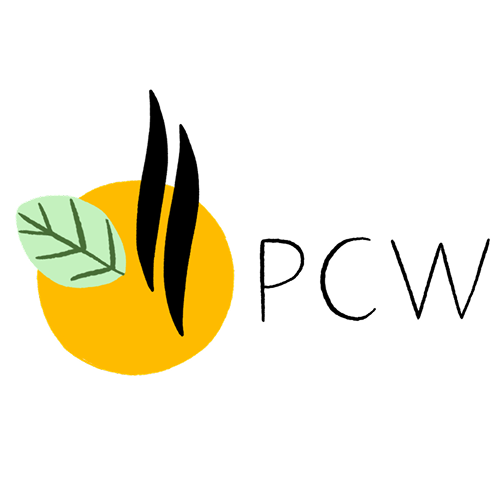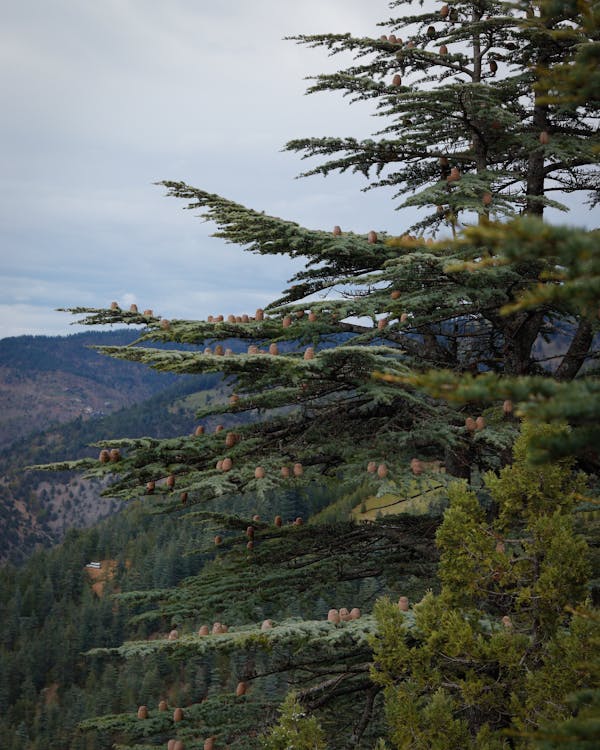| Company | Ingredient Name | ID | Comments | Naturality | Certifications | MOQ | Latin name | Treated part | Geographical origin |
|---|---|---|---|---|---|---|---|---|---|
|
|
Cedarwood Himalayan | - |
Visit website
|
Essential Oil | - | Cedrus deodora | - | - |
General Presentation
-
CAS N° :
68991-36-6 -
EINECS number :
639-646-9 -
FEMA number :
Donnée indisponible.
-
Volatility :
Base -
Price Range :
Donnée indisponible.
Physico-chemical properties
-
Appearance :
Colorless liquid -
Density :
0,94 -0,99 @20°C -
Refractive Index @20°C :
1.48 - 1.51 @20°C -
Optical rotation :
-16° // -60° -
Vapor pressure :
Data not available. -
Flash Point :
Data not available. -
Acid Value :
Botanical informations
Botanical name :
Cedrus deodara (Lamb.) G.Don
Botanical profile :
Himalayan cedar belongs to the Pinaceae family and the genus Cedrus Trew.
The genus Cedrus Trew. includes many trees used in perfumery… but not all!
Chemotypes :
There are currently around 600 different species of conifers.
The genus Cedrus Trew. contains about 9 species, of which 4 are used in perfumery:
- Cedrus atlantica (Endl.) Manetti ex Carriere: Cedarwood Atlas oil, whose essence is mainly composed of Himaialene but contains very little Cedrene (≈2%).
- Cedrus deodara (Lamb.) G.Don: Cedarwood Himalaya oil.
- Cedrus libani G.Don: Cedarwood Libanon EO.
- Cedrus brevifolia Holmboe: Cyprus Cedar Wood EO.
However, it should be noted that other tree essences are called “cedars” in perfumery. Their botanical genus is not the same for all of them.
- Juniperus virginiana L. : Cedarwood Virginia oil belongs to the genus Juniperus -> Juniper.
- Cupressus funebris Endl. : Cedarwood China oil / Cedarwood China leaf oil -> Cypres
- Xanthocyparis nootkatensis (D.Don) Farjon & Harder : Cedarwood Alaska twig oil / Cedarwood Alaska oil -> Cypres
Extractions & Uses
Extraction process :
Himalayan cedarwood (Cedrus deodara (Lamb.) G.Don) is a native species from eastern Himalayan (India, Pakistan, Népal).
The tree is harvested at the end of its life cycle, between 80 and 100 years, then pruned and processed into dust. The oil is obtained through hydrodistillation.
It is possible to find some SFE extract (Cedarwoood Himalaya SFE) or some oil from the needles (Cedarwood Himalaya Needles oil)
Uses in perfumery :
Data not available.
Stability :
Very stable product in all kind of application
Major Components :
- Alpha-himachalene
- Beta-himachalene
- Gamma-himachalene
- (Z)-Gamma-atlantone
- (E)-Gamma-atlantone
- (Z)-Alpha-atlantone
- (E)-Alpha-atlantone
- Himachalol

Photo credits: ScenTree SAS
Other comments :
Some essential oils undergo rectification processes to enhance their concentration in key molecules like Atlantone or Himachalene. The resulting materials are known as “Perfumery Grade Oils” or “Super Rectified Oils.”
IFRA
IFRA 51th :
This ingredient is restricted by the 51th amendment


















